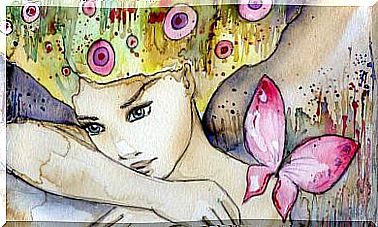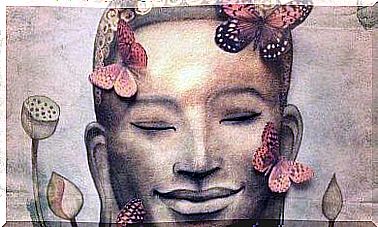Machiavellian Intelligence: Psychological Theory
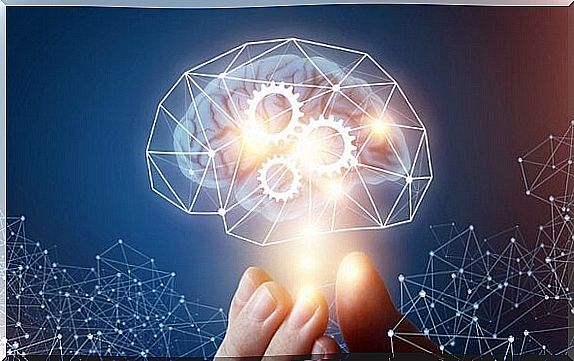
Also known as the social brain hypothesis, the Machiavellian intelligence theory explains why such a rapid evolution of the human brain into H omo sapiens has occurred . This organ began to grow and develop about 400,000 years ago and “only” stabilized 50,000 years ago. How can this phenomenon be explained?
Francis de Wall coined the concept of Machiavellian intelligence in 1982. Extensive research was conducted on the social and political conduct of primates. But it was in 1988 that this theory was developed as we know it today. And this was done through the work of psychologists Richard W. Byrne and Andrew Whiten, researchers at the University of St. Andrews in Scotland.
These two authors published their findings in Intelligence: Social Experience and Evolution of the Intellect in Monkeys, Primates, and Humans . This presupposed the birth of the Machiavellian theory of intelligence. But what does this theory propose ?
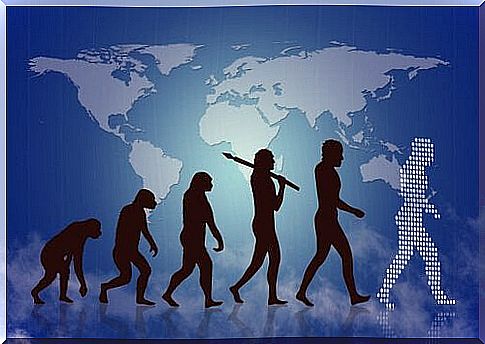
The brain, a first-rate consumer
The weight of the brain is 2% in relation to the totality of the body. However, the energy expenditure it represents is 20%. His consumption of glucose, the main fuel he feeds on, is a quarter of the total body. For this reason, it can be said that thinking costs us dearly. And even more so if, as some say, we can only justify 10% of this energy consumption. The other 90% would still be a mystery …
However, the human brain has been evolving at a much faster rate than that of other mammals. In “just” 25 million years, multiple mutations have been recorded in the genome. Special attention deserves the neocortex, the most developed part of the human brain. We must therefore ask ourselves why it has become such a complex organ?
Cognitive and social complexity
There are many theories that have tried to explain the transition from a simpler mind to a much more complex one. Of all these, the Machiavellian theory of intelligence continues to be one of the most important.
This hypothesis considers that this brain development is due to the increase in the cognitive needs of the environment, which in turn is the result of life in society. This intense competition with the group, the growing number of social interactions, coexistence and the complexity of interpersonal relationships, would therefore be the triggering agents and engines of this evolutionary pressure.
According to these authors and to what has been demonstrated thanks to the support of numerous neuroanatomical tests, this would have repercussions on the development of intelligence in general .
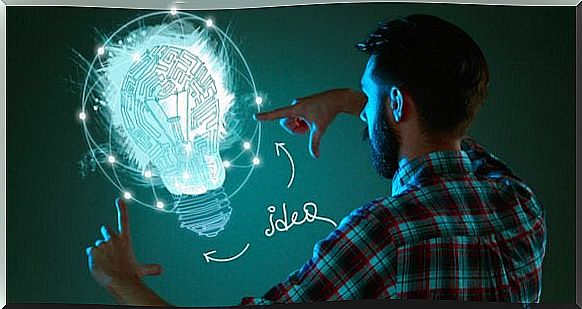
Machiavellian intelligence theory: required strategies
For the supporters of this idea, the new and growing social problems require the adoption and improvement of our strategies, in order to improve our adaptation to a context as dynamic as the one that surrounds us. Neurophysiology has brought several evidences that these tricks are mainly related to anticipating the future and making decisions.
To achieve social success, mastery of arts such as concealment, deception, lying or manipulation is trained. These resources are called “Machiavellian” because they involve any kind of behavior (and not necessarily ethical). One can observe the association between a person considered as Machiavellian (characterized by sociopathy) and the theory explained.
The development of the brain, the result of social evolution, makes it possible to manage one’s emotions and to recognize those of others. Likewise, it makes it easier to identify social structures, to fraternize with other people and to recognize the role they play in every situation. It also allows us to catalog their actions, making it easier to understand the attitudes and intentions of others.
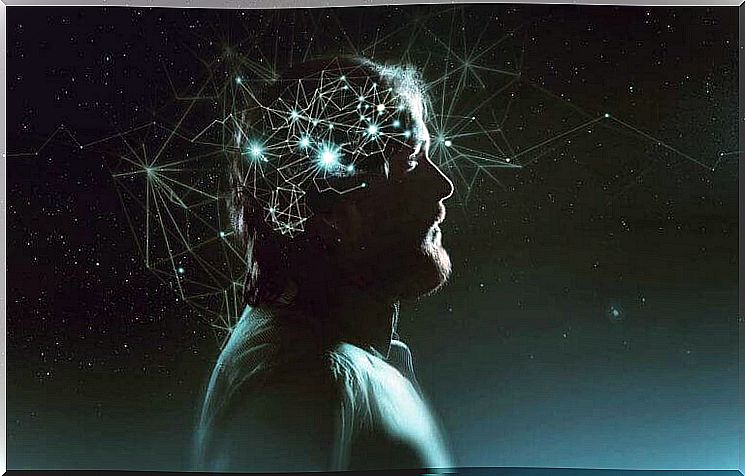
Natural selection
To explain this theory, we cannot overlook the principle of natural selection developed by Charles Darwin. The convergence of both postulates lies in the idea that individuals capable of developing successful social and reproductive strategies have been “promoted”. In other words, and broadly speaking, people with greater social skills had a better chance of surviving.
The Machiavellian theory of intelligence, on the other hand, has very little in common with another theory which enjoys great importance, but which justifies brain development with a practical reason. In fact, he argues that the increase in the volume of this organ is due to the need to overcome new problems: use of tools, identification of a refuge or search for food .
The Machiavellian theory of intelligence is crucial for understanding the relationship between brain evolution and the level of social development of species. Ultimately, he argues that intelligence is linked to a set of abilities that allow man to constantly adapt to new situations, in which the social dimension predominates. Thanks evolution! Thanks brain plasticity!




